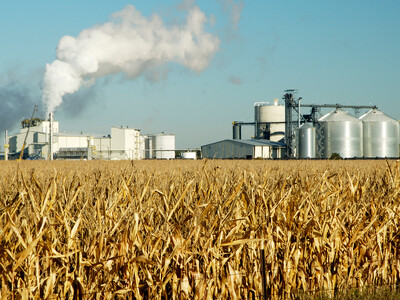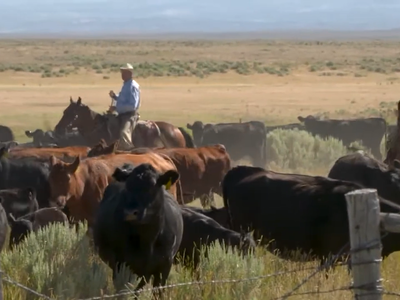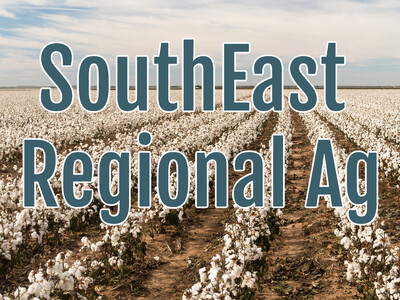Ethanol Fuel Cell & Food Companies Say No
Ethanol Fuel Cell & Food Companies Say No plus Food Forethought. I’m Greg Martin with today’s Northwest Report.
You have heard about fuel cells. They have been used to power space missions but we have not been able to reliably and economically use them for powering our vehicles. The hydrogen used in the cells is the problem but a new cell powered by ethanol shows great promise. Scientists working at the U.S. Department of Energy’s Brookhaven National laboratory say they have found a way to oxidize ethanol and produce clean energy in fuel cell reactions. There are no projections as to how soon we might see this kind of fuel cell.
And on another ethanol front, a number of food groups have written a letter to the EPA asking them not to boost ethanol levels in gasoline. The Grocery Manufacturers Association, the American Meat Institute, pork, chicken, turkey, snack food, beverage and restaurant groups continue to blame ethanol - in part - for high food prices. Renewable Fuels Association spokesman Matt Hartwig calls the letter ridiculous and their motives and rationale bankrupt.
HARTWIG: We will not achieve a robust cellulosic ethanol industry if GMA and it’s cohorts are successful in undermining the industry that we have today.
Now with today’s Food Forethought, here’s Lacy Gray.
It seemed like a good idea to them at first, but our next door neighbor girls soon discovered that feeding wild geese can turn into a nightmare. You begin with only a couple, who in turn quickly tell their fellow geese, who tell their fellow geese…..and you get the picture! Before you know it your property is covered with noisy, messy and downright belligerent hungry
Thanks Lacy. That’s today’s Northwest Report. I’m Greg Martin on the Northwest Ag Information Network.














